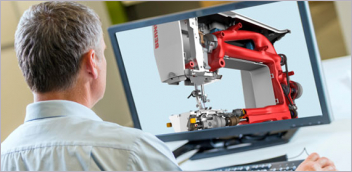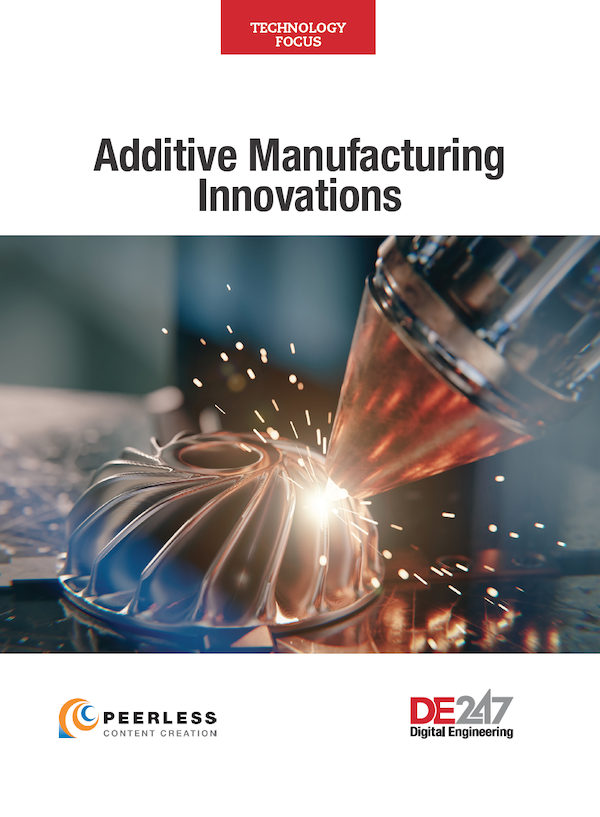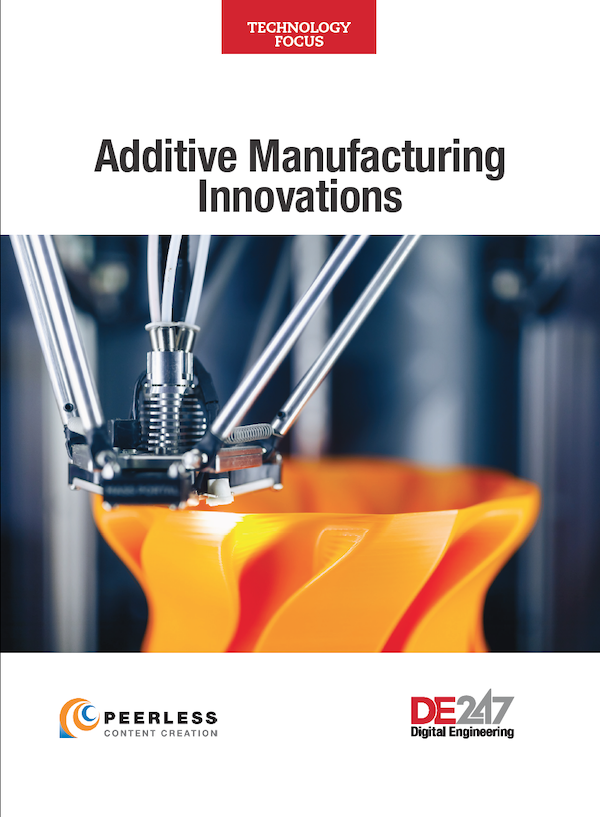Impossible Objects Cuts Prices for 3D Printed Composite PEEK Products
Polyetheretherketone (PEEK) is a semi-crystalline, high-performance engineering thermoplastic.
Latest News
September 14, 2021
Impossible Objects presented its latest 3D printing advancement at RAPID + TCT 2021 to help manufacturers produce high-performance products: PEEK 3D printed products at lower costs.
Impossible Objects, which reportedly pioneered the composite-based additive manufacturing (CBAM) process, has now reduced the cost of PEEK products, making them available at the price of conventional PA12 prices, says Robert Swartz, chairman and founder of Impossible Objects.
Polyetheretherketone (PEEK) is a semi-crystalline, high-performance engineering thermoplastic.
“PEEK is the absolute gold-standard material in today’s composite manufacturing, thanks to its incredible temperature performance and chemical resistance and strength, but its high cost keeps it out of reach for the majority of manufacturers,” Swartz says. “Our methods have reduced the cost of the material so much that PEEK is comparable to more common composite materials.”
PEEK products are made for numerous applications, compared to PA12, as shown in tests comparing PEEK products from Impossible Objects’ CBAM process to PA12 products developed by HP’s Multi Jet Fusion process.
Strength and Melting Point
In these studies, PEEK products showed tensile strength of 132 Mpa, compared to 50 Mpa for PA12, and a melting point of 343°C, compared to 210°C for PA12.
Impossible Products can offer lower price and better performance because of the advantages of its composite-based CBAM process and lower cost sources for PEEK, according to the company.
Impossible Object’s CBAM process has several advantages compared to HP’s Multi Jet Fusion and Laser sintering, including using fiberglass, a lower cost substrate; utilizing about half of the polymer; and processing 10 times faster than the speed of Fused Deposition Modeling (FDM).
“As a result of using less material in the process than our competitors, we are able to reduce our final costs for customers, no matter what polymer we use,” Swartz says. “Thanks to our lower cost sources for PEEK, we are able to provide PEEK at prices comparable to conventional polymers like PA12.”
Sources: Press materials received from the company and additional information gleaned from the company’s website.
Subscribe to our FREE magazine, FREE email newsletters or both!
Latest News
About the Author
DE’s editors contribute news and new product announcements to Digital Engineering.
Press releases may be sent to them via DE-Editors@digitaleng.news.






